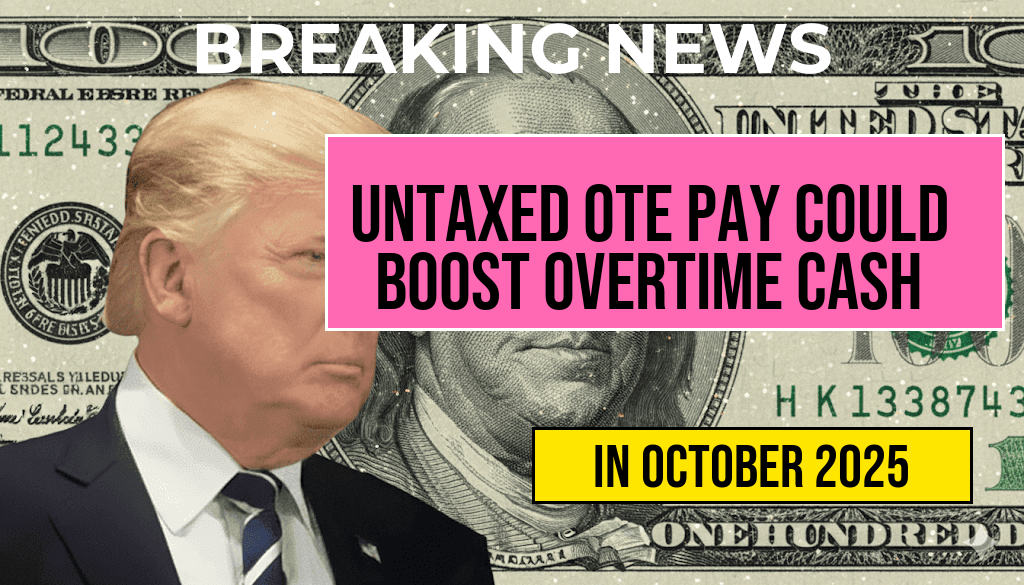In a contentious decision that has sparked significant backlash, local voters are challenging the recent ruling by the city council to delay the implementation of tipped wage parity until 2034. Advocates argue that this postponement undermines the financial security of service industry workers who rely heavily on tips. The current minimum wage for tipped employees stands at $10 per hour, a figure that many believe is insufficient to meet the rising cost of living. As discussions unfold, the implications of this delayed policy are likely to resonate throughout the community, affecting not only workers but also businesses and consumers alike.
Voter Backlash and Council Decision
The city council’s decision to postpone tipped wage parity was met with immediate resistance from various local advocacy groups and voters. Many see the delay as a betrayal of the workers who have long fought for equitable pay. The council argued that the economic landscape is too unstable for such a significant change, citing potential job losses and increased operational costs for businesses. This justification has not quelled the anger of those who believe that fair wages should not be contingent on economic fluctuations.
Understanding Tipped Wage Parity
Tipped wage parity refers to the alignment of the minimum wage for tipped workers with the standard minimum wage. Currently, many states allow employers to pay tipped workers a lower base wage, with the expectation that tips will make up the difference. This system has been criticized for its inherent inequities, as it places the burden of income stability on customers rather than employers.
Current Minimum Wage Landscape
| State | Minimum Wage for Tipped Workers | Standard Minimum Wage |
|---|---|---|
| California | $15.50 | $15.50 |
| New York | $15.00 | $15.00 |
| Texas | $2.13 | $7.25 |
| Florida | $6.98 | $11.00 |
Financial Implications for Workers
The decision to delay tipped wage parity raises significant concerns for workers who depend on tips as a primary source of income. With the current minimum for tipped workers set at $10 per hour, many find it challenging to make ends meet. A recent study from the Economic Policy Institute indicates that tipped workers earn, on average, 50% less than their non-tipped counterparts when considering total income, including tips. This discrepancy can lead to financial instability, especially for those supporting families or facing unexpected expenses.
Business Perspectives
Local businesses are divided on the issue. Some owners express concern that raising the minimum wage for tipped employees could lead to increased menu prices and potential job losses. Others argue that fair wages can lead to better employee retention and satisfaction, ultimately benefiting the business in the long run. The National Restaurant Association has been vocal about the potential negative impacts of wage increases, suggesting that a balanced approach is necessary to ensure both employee welfare and business viability.
Community Response
- Protests: Activists have organized protests to voice their discontent with the council’s decision.
- Petitions: Several petitions are circulating to gather support for a reversal of the delay.
- Public Forums: Community meetings are being held to discuss the implications of the council’s decision and to strategize next steps.
Looking Ahead
The implications of the delayed tipped wage parity will likely unfold over the coming months as community members continue to advocate for change. As discussions progress, the city council may face increasing pressure to reconsider its stance. With the economic landscape evolving, many are hopeful that the need for fair wages will resonate with decision-makers, potentially leading to a more equitable outcome for all workers in the service industry.
For more information on the implications of tipped wage policies, visit Economic Policy Institute or learn more about wage laws at U.S. Department of Labor.
Frequently Asked Questions
What does the council’s decision on tipped wage parity entail?
The council’s decision delays tipped wage parity until 2034, meaning that waitstaff and other tipped employees will continue to earn a lower minimum wage compared to non-tipped workers for several more years.
How will the $10 minimum wage impact employees?
The $10 minimum wage means that many workers may receive a significant increase in their paychecks, but it may not provide enough relief for those depending on tips, as their total earnings will still be lower than expected with the delayed parity.
What are the implications of delaying tipped wage parity?
Delaying tipped wage parity could lead to ongoing financial strain for tipped workers, who may struggle to meet living expenses as wages remain stagnant relative to inflation and cost of living increases.
Why are voters challenging the council’s decision?
Voters are challenging the council’s decision because they believe that tipped wage parity should be implemented sooner to ensure fair wages for all workers, reducing income inequality and improving the financial stability of those in the service industry.
What can workers do in response to this decision?
Workers can advocate for policy changes, participate in community discussions, and engage in activism to push for tipped wage parity being implemented earlier, as well as raise awareness about the issues they face due to the delayed timeline.








